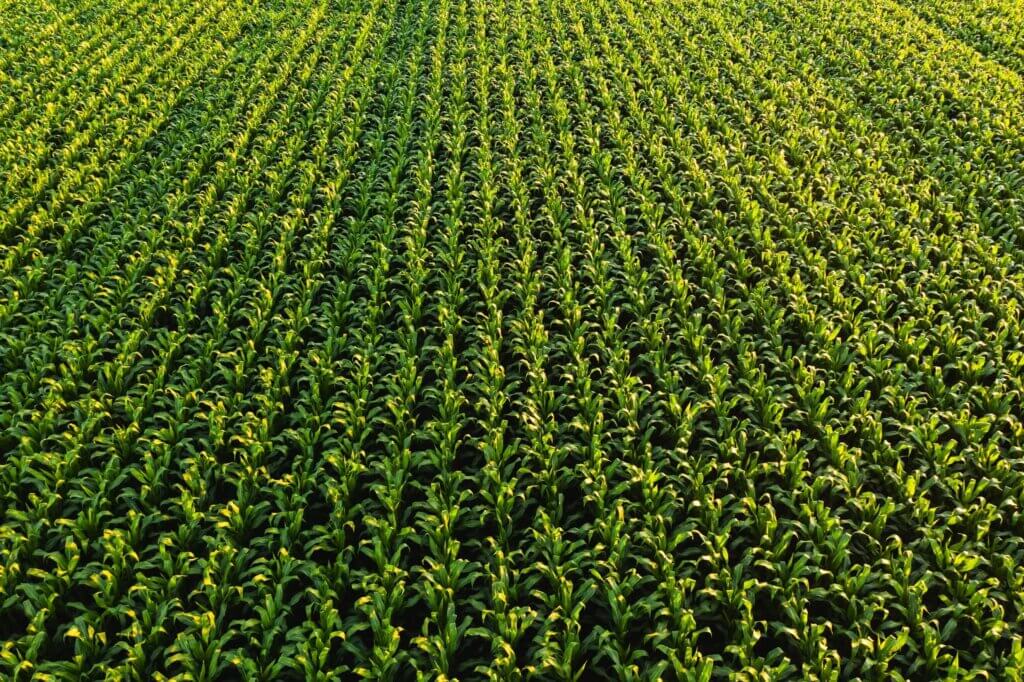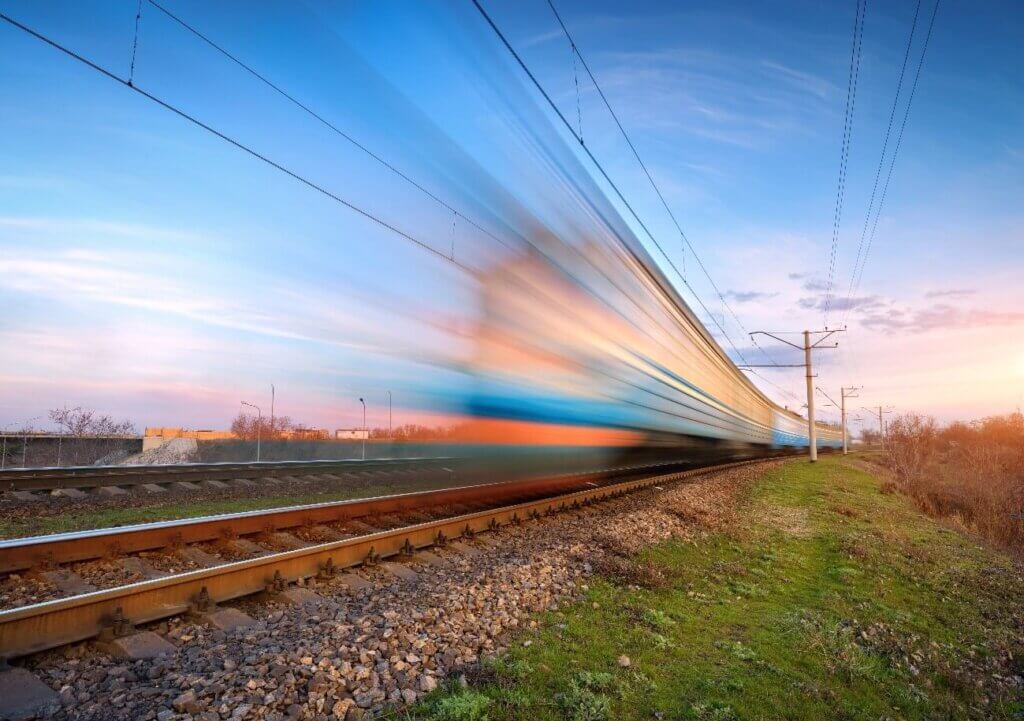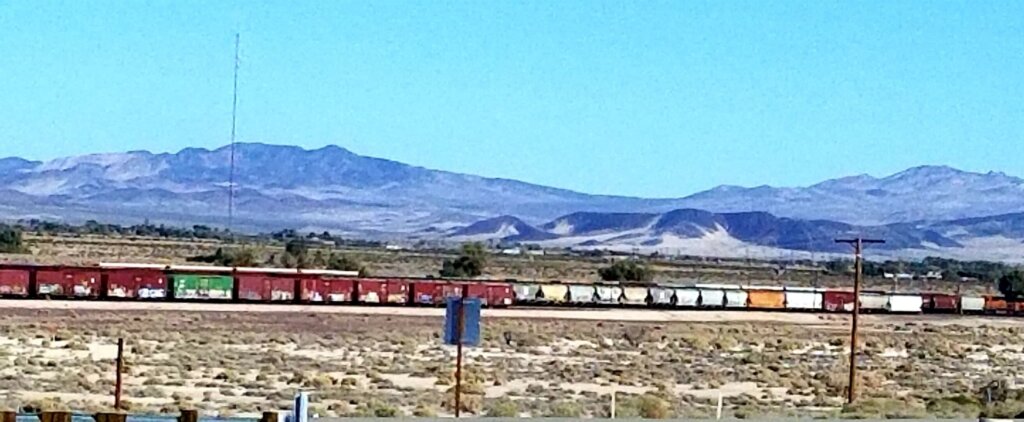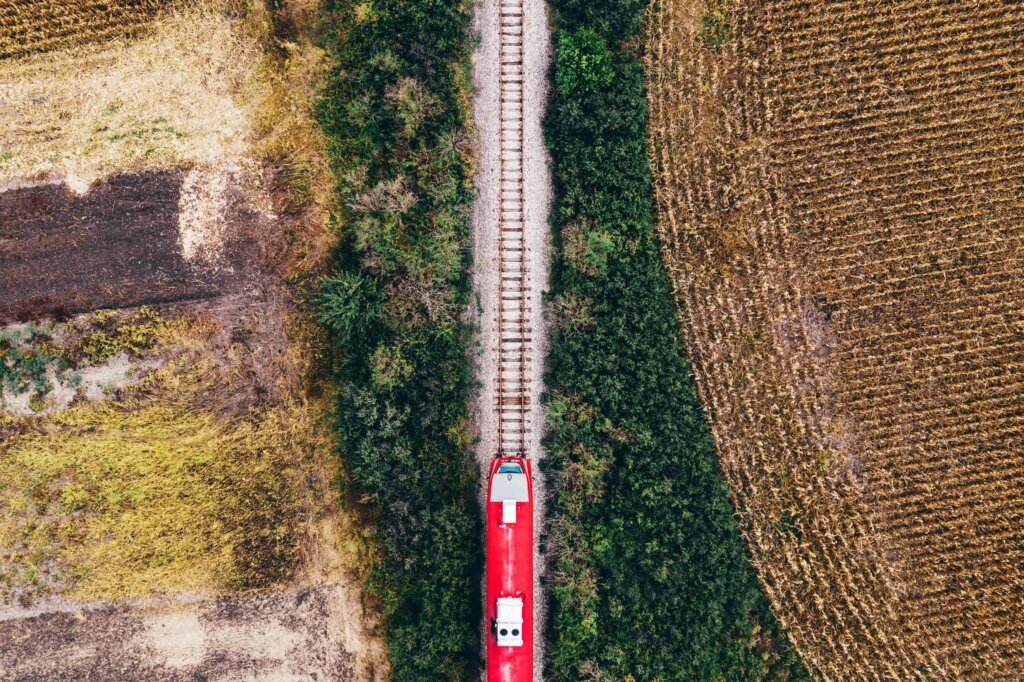
Agribusiness grows in the pandemic: Signs that the rail sector needs investments
Despite the covid-19 pandemic having affected the whole world in an economic and industrial production and consumption scheme, some situations remained the same and even evolved. That agribusiness grows in the pandemic in Brazil, this seems more and more a fact, but the most curious thing is to try to understand how this fact, which developed in a matter of little more than a year, happened in the country.
As much as the food system in the world seems to show signs of unsustainability in the face of an economic crisis as big as the one in 2008, involving countries in a global emergency system, Brazil realized that, according to the correct scheme and logistics modern technology, it is possible to achieve the so-called post-pandemic post-capitalism, acting consciously with the private sector in the country.
As we will see later, growing agribusiness in the pandemic is also a “problem” whose solution can be found in the most diverse areas of consumption and production in the country, one of them being the railroads and the correct use of export corridors. In the modern world, what counts is a country capable of dealing with a global crisis and at the same time growing in this system using all possible means in its favor.
Content Index
Comparison between 2019 and 2020

From 2019 to 2020, agribusiness grew in the pandemic in a way that increased 23% of Brazilian agribusiness GDP, reaching almost two trillion reais. With an arable area of 64 million hectares, the country will produce 268 million tons of grain, a record number.
However, reflected in an inversely proportional way, the number of people employed is a cause for concern. Decreasing from one year to the next by 8.9%, this is a strong indication that the country urgently needs to deal with this increase in production in order to welcome the people affected by the crisis. Giving jobs to everyone, using new systems that were not thought of last year and making an increasingly active domestic consumer market , taking advantage of the increase in production beyond the external food supply market.
Efficient logistics can facilitate market growth

That is why precisely the answer to all the new problems faced in the pandemic involves logistics. This logistics is associated with the construction of new export corridors, because if agribusiness grows in the pandemic, the use of means of transport with free expansion capacity such as railroads, the deflating of the road system is very important. All this is part of the same organizational scheme that intends to definitively adjust the existing bottlenecks in the distribution of commodities in Brazil.
In this way, the railroads can finally show the true potential for Brazil. As seen in other blog articles describing the railroad projects and expansions made in the country in recent years, all this combined with the gradual privatization of the rail sector, only through this modern organization within the post-pandemic world will it be possible to build something solid and with harmony within the economic system.
Because agribusiness growing in the pandemic does not necessarily lead to the growth of all other distribution sectors, whether it is the road, which is widespread in Brazil but is reaching its limit, or the waterway, incapable of sustaining all the extra loads distributed.
Consequences and effects of the post-pandemic on agribusiness

So, the consequences that become noticeable with the pandemic are that the most important thing in the current world of agribusiness is the correct organization and logistics. As seen with the case of China, where the virus started, the situation must be planned and contained, so that the internal and external food supply is not interrupted. The severity of a random situation like this sabotaging virtually everyone by preventing the distribution of basic products shows how these effects should not be treated as minor things.
State intervention must also be carried out to give the private sector freedom to breathe. A partnership that allows both to use the country's functional systems, while agribusiness continues to grow in the pandemic and these always maintain their basic supply function. Brazil, having surpassed even the United States in the production of soy, is fundamental in this problem, because with the growth of Brazilian agribusiness, only the correct logistics are able to prevent all this from collapsing.
Conclusion: agribusiness grows in the pandemic

As we have seen, the problems of the modern world are all surrounded by correct or incorrect planning, whether in the food system and agribusiness, which grows in the pandemic, or in the economic system and jobs, which decline in the pandemic.
A global crisis does not always mean the total failure of a country's industrial system, but it can have serious consequences in very important sectors within the global scheme, as we have seen even in food supply. If the phenomenon of profit in the crisis is not understood, as well as how to adjust this profit, it will soon turn into a loss and perhaps even a problem of uncontrollable scales.
For this very reason, not only through the railroads and logistical corridors, but also through a reconfiguration of the logistical and private system allied to the state in the country, we will be able to really understand why agribusiness grows in the pandemic and why we can make this a way of opening for us to recover from the crisis and perhaps make it an opportunity to grow and supply the world.
Searchs:
https://www.brasildefato.com.br/2021/01/26/artigo-o-mundo-pandemia-e-o-pos-pandemia-do-agronegocio




